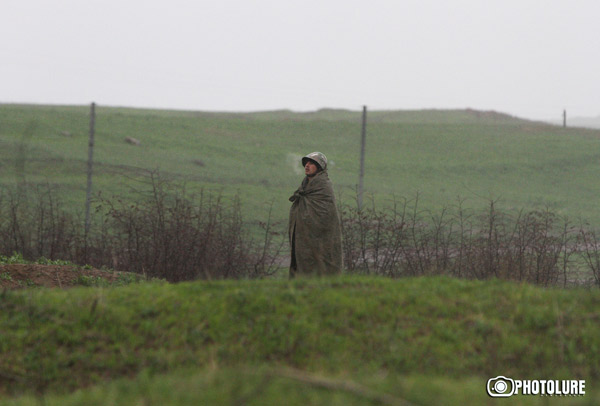The danger of resuming active military operations with Azerbaijan has been there from the moment of signing the ceasefire regime contract in 1994, and I think it will be there in the next decades. The degree of danger is not directly related to what kind of regime exists in Armenia: authoritarian or democratic, or to how legitimate the government is, as well as to the personality of the officials: whether they are robbers or brilliant people. Indirectly, yes, the stronger we are, the fewer chances the opponent will have to succeed, and perhaps realizing that, they will want to seek a venture. Theoretically, yes, if the “velvet revolution” yields the results that we all expect, our country will become stronger also in military terms, and the danger will decline. But let us note (the Prime Minister has also talked about it recently) that now the situation is about the same as it was two months ago.
What can the government do, apart from revealing the theft in the army and punishing the guilty? I think the main front of the work is in the field of diplomacy, and in the wider sense, of the foreign policy. No sharp turns, of course, is good. However, besides this, we need new ideas about how to improve relations with Russia and other countries. I do not know whether it seems to me or indeed that this is the case, but regardless of the official statements, the Russian side has a certain discreet attitude. (Besides, generally, foreign partners prefer to work with an illegitimate government, which makes it easier to impose something).
We should also note that the new government has not yet elaborated on the concept of official Yerevan regarding the Karabakh issue, and the statements are often incoherent and contradictory. Here, of course, the experience of the former government will be useful. Adviser to the Prime Minister, Arsen Kharatyan’s statement that Serzh Sargsyan can be useful for this also received a heated response. But I think this approach is statal, in contrast to emotional outpouring that, of course, is dominant among the society. The foreign policy, however, requires a cold, rational, “indifferent” approach. It is difficult to develop such an approach after the revolution.
Aram ABRAHAMYAN





















































